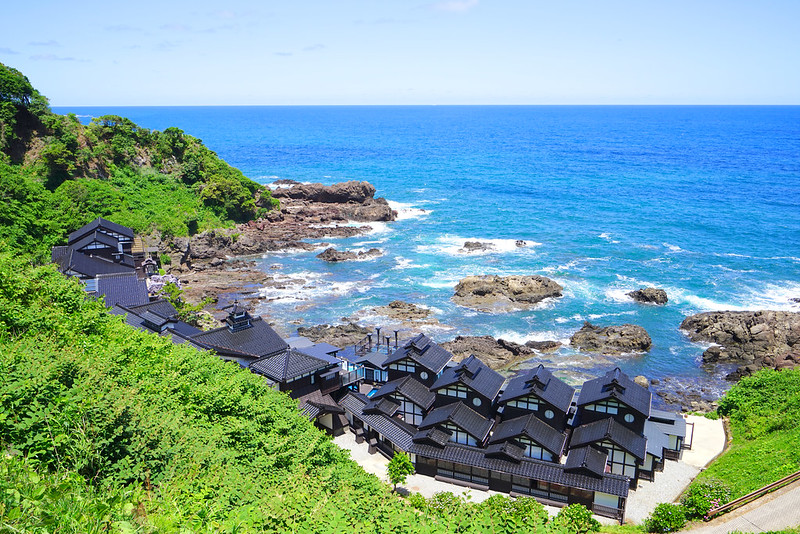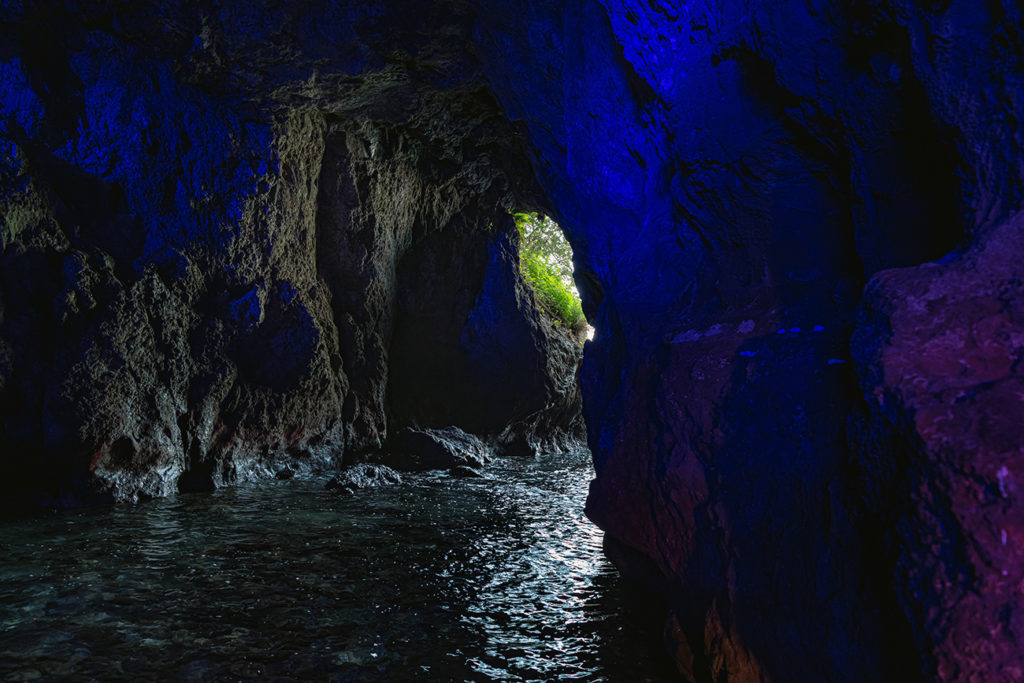
Japan’s Amazing Hundred Year Old Drinking Water
Can water itself go bad? It’s a question that has probably run through our minds at some point or another. It seems like everything nowadays can go bad, including water.
Our mouths are riddled with microorganisms. Changes in temperature allow microorganisms to multiply at an alarming rate. Reusing the same dirty glass will greatly increase the risks of exposure to unfriendly bacteria, especially if you share your drink with someone. Even bottled water that’s stored is good for only about 12 months.
Plastic bottles are permeable and can cause some of the water to evaporate. If you leave plastic bottled water in a hot area, this can cause the plastic to release bisphenol-A or BPA along with other harmful chemicals used to manufacture the plastic. These chemicals can cause heart disease and cancer.
Do you sometimes notice a change in the taste of water that you leave overnight? The slightly lower levels of pH in the water as carbon dioxide in the air interacts with the H2O is what’s causing the odd taste, but it is still safe to drink. Most experts say that tap water has a shelf life of about six months; after that point the chlorine dissipates and bacteria and algae will start to grow. The good news is, adding four drops of plain, unscented bleach to a gallon of water and waiting 30 minutes should make your water safe to drink again.
Blue cave, Suzu City
In Ishikawa Prefecture in Honshū island, Noto Peninsula, lies Cape Suzu. Cape Suzu is one of Japan’s three greatest spots for the purest mineral water that stays fresh for as long as a hundred years, possibly longer. It is dubbed the “hundred-year water”. The water from Cape Suzu was recognized by a public health center in northern Noto as real water extracted in 1889, thus setting the world record as the oldest consumable water that does not spoil. There is no exact explanation of how Cape Suzu’s water is kept from spoiling, but it is said to possess some of the rarest characteristics in the world. Cape Suzu enthusiasts plan to apply for a Guinness World Record for “the purest water in the world.”


